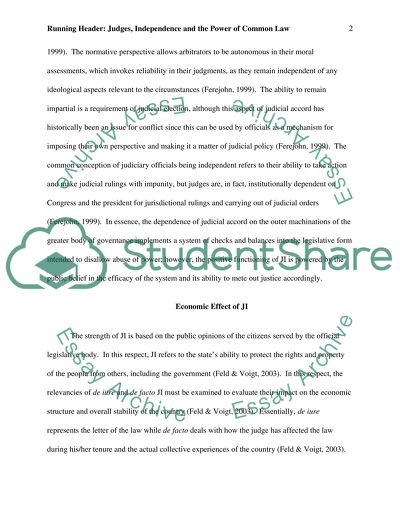Cite this document
(“Judges, independence and the Power of Common Law Essay”, n.d.)
Judges, independence and the Power of Common Law Essay. Retrieved from https://studentshare.org/law/1437191-judges-independence-and-the-power-of-common-law
Judges, independence and the Power of Common Law Essay. Retrieved from https://studentshare.org/law/1437191-judges-independence-and-the-power-of-common-law
(Judges, Independence and the Power of Common Law Essay)
Judges, Independence and the Power of Common Law Essay. https://studentshare.org/law/1437191-judges-independence-and-the-power-of-common-law.
Judges, Independence and the Power of Common Law Essay. https://studentshare.org/law/1437191-judges-independence-and-the-power-of-common-law.
“Judges, Independence and the Power of Common Law Essay”, n.d. https://studentshare.org/law/1437191-judges-independence-and-the-power-of-common-law.


